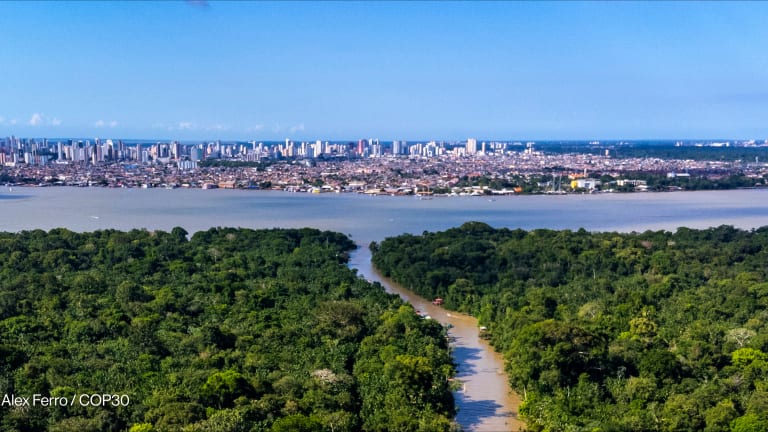Looks like I am not alone in my fear of the new Zombie Economics.
Check out Paul Krugman's Jan. 18 column "Wall Street Voodoo" in the New York Times. The Nobel laureate Princeton professor warns some Obama econo-wonks may "have become devotees of a new kind of voodoo: the belief that by performing elaborate financial rituals we can keep dead banks walking."
Wanna spot a zombie? Here's the leading economist of our age, Paul Krugman, with a hypothetical bank he calls "Gotham":
"On paper, Gotham has $2 trillion in assets and $1.9 trillion in liabilities, so that it has a net worth of $100 billion. But a substantial fraction of its assets - say, $400 billion worth - are mortgage-backed securities and other toxic waste. If the bank tried to sell these assets, it would get no more than $200 billion."
"So Gotham is a zombie bank: it's still operating, but the reality is that it has already gone bust. Its stock isn't totally worthless - it still has a market capitalization of $20 billion - but that value is entirely based on the hope that shareholders will be rescued by a government bailout."
And, the next bailing-out of your taxpayer's money to the zombie-nomicists will be to buy that slag heap of "toxic waste" of dubious assets at "fair market" value.
The scary thing is, we all know it isn't going to work. Now, thanks to Prof Krugman, we can see how it won't work.
I stick to my anti-zombie buy- plan: Every tax-payer to be given a $2,000 coupon to be matched by their own cash, preferably from bank savings accounts. The resultant strengthening of demand will do a lot more for reviving the economy than feeding zombies.








